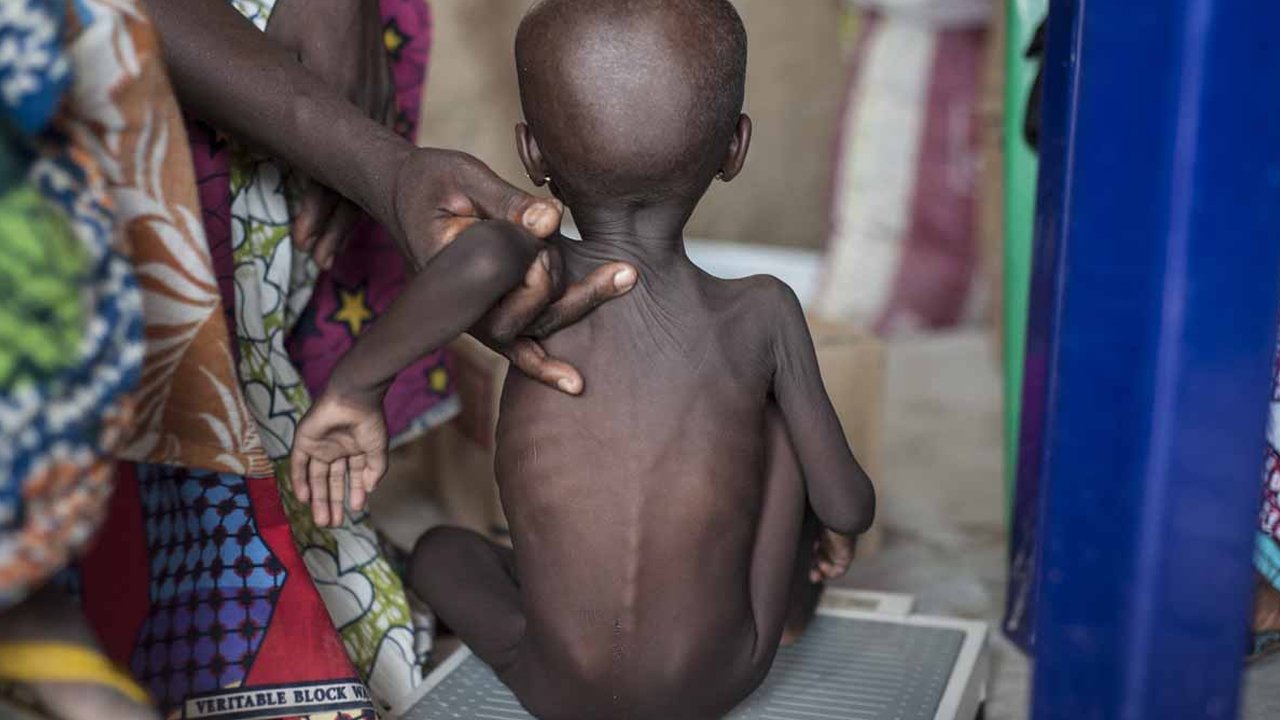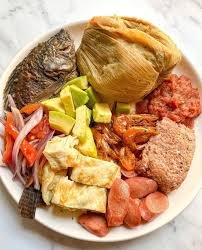Nutrition
Health benefits of ripe plantain

•Ripe plantain
Plantains belong to the same family as bananas but they have to be cooked to be eaten. Plantains are delicious and can be found in many places in the world. Plantains are starchy and rather bland, with a low sugar content.
Here are a few health benefits of plantain:
-Help regulate the digestive system
Fibre has a profound effect on the digestive system and plays a significant role in keeping it regular.
One cup of plantain provides almost a fifth of the fibre recommended daily, which is roughly 25–30 grammes.
As a high-fibre food, plantains add bulk to food intake, which aids digestion. Fibre make you feel full, which can help with weight control.
-Boost the immune system
Plantains contain 36 per cent of your daily recommended amount of vitamin A. As another powerful antioxidant, vitamin A provides a number of benefits to the body.
Along with vitamin C, it helps control your immune response, which keeps illness at bay, and a number of important immune system responses rely on vitamin A to perform correctly.
-Promote healthy brain function
Vitamin B6, also called pyridoxine, generates several important neurotransmitters that carry information from one cell to another.
A serving of plantains can provide up to 24 per cent of your daily amount needed of vitamin B6.
This vitamin in plantains is one of the eight B vitamins that aid in processing food into energy and metabolising fats.
-Great source of magnesium
From helping to regulate blood pressure to preventing osteoporosis, there are many ways magnesium keeps the body healthy.
Magnesium directly affects calcium absorption, which can avert or reverse osteoporosis.
It also lowers the risk of getting type 2 diabetes by controlling blood glucose levels through carbohydrate metabolism and insulin regulation.
Credit: Draxe.com
Nutrition
Nourishing Ghana Starts with Us: The role of citizens

The success of Ghana’s fight against malnutrition does not rest solely in the hands of the government or donors. It depends on us, the citizens. Nutrition is not just a technical issue. It is a societal one, and every Ghanaian has a role to play in ensuring that no child goes hungry, no mother is left unsupported, and no community is forgotten.
As citizens, we must shift how we see nutrition: not as a private family concern, but as a collective national responsibility. Here’s how we can act:
1. Demand accountability
Every citizen has the right and responsibility to ask how public funds are being used to support nutrition. Are local clinics stocked with supplements? Are school feeding programmes working in your district? Are maternal health services adequately funded? Ask questions. Engage assembly members. Attend town hall meetings. Make your voice count.
2. Speak up, Speak out
Silence has a cost. When we fail to speak out against malnutrition, we normalise it. Use your platform, whether it is WhatsApp group, a radio show, a church gathering, or social media, to raise awareness. Normalise conversations about child feeding, food quality, and maternal health. Silence keeps systems broken. Voices drive change.
3. Support local solutions
Support or join community nutrition initiatives. Volunteer. Share what you know. Help spread accurate information about breastfeeding, healthy diets, and hygiene. If you are a farmer, teacher, trader, or youth leader, your knowledge and effort can make a difference. Change starts in our homes and neighbourhoods.
4. Protect the first 1,000 days
Whether you are a father, grandmother, neighbor, or employer, support pregnant women and caregivers during this crucial period. Encourage antenatal care. Help with child care. Prioritise nutritious foods. The first 1,000 days of a child’s life lay the foundation for everything that follows.
When citizens care, ask questions, take action, and show solidarity, we create the conditions for lasting change. Malnutrition is not inevitable. It is a symptom of neglect, and neglect ends when citizens choose to act.
Feature article by Women, Media and Change under its Nourish Ghana: Advocating for Increased Leadership to Combat Malnutrition Project
Nutrition
Ga Kenkey

Ga kenkey, a staple in Ghanaian cuisine, is prepared with fermenting corn dough, then cooking a portion of it to create ‘aflata’ or ‘banku’. It is a popular food in the southern part of Ghana.
Ingredients:
-8 cups of dried corn
-Dried corn leaves (for wrapping)
-2 tablespoonful of stew
Preparation
-Soak corn in water overnight
-Grind corn into a powder form
-Mix the ground corn with water (dough)
-Mix part of the dough with water and put it on fire to cook
-Take the pot off the fire and mix in the remaining dough .
– When ready shape mixture into balls and set every prepared ball on a corn leaf.
– Cover each ball by wrapping the corn leaf around it
– Put water on fire. Add wrapped kenkey to boil for 45 minutes.
– When ready take them out carefully and serve them along with shito, ground pepper and fish.






